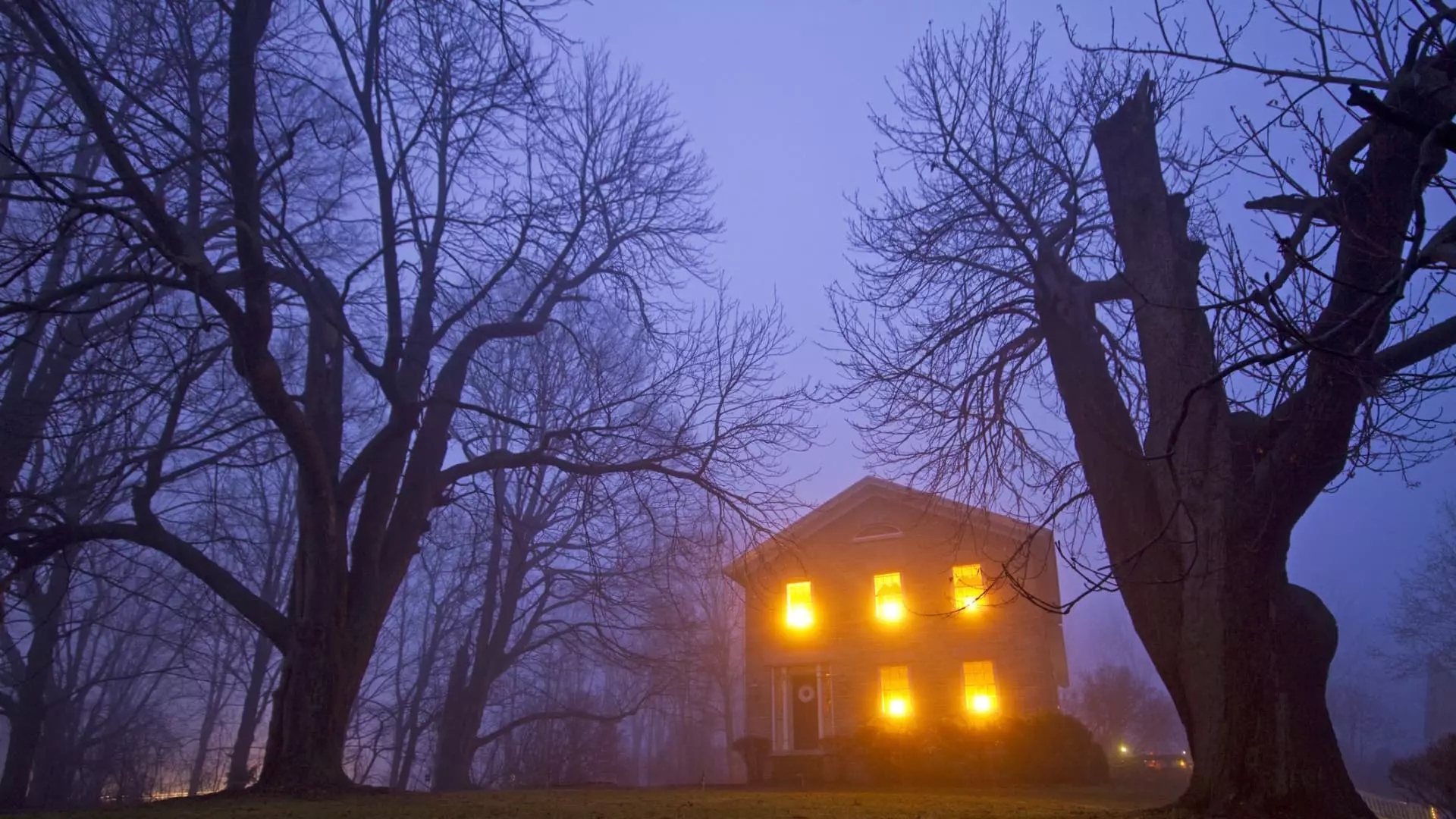In the landscape of real estate transactions, the process of purchasing a home can be laden with complexities, especially when it comes to the hidden histories of properties. A concept that has gained traction in recent years is that of “stigmatized properties,” which refer to homes that have been impacted by events of a dubious nature—such as murders, suicides, or even paranormal activities—though these events do not alter the physical structure. Understanding the nuances of disclosure laws surrounding these properties and how potential buyers perceive them is crucial for both real estate agents and homebuyers.
The legal framework surrounding the disclosure of stigmatized properties is not standardized across the United States; it varies significantly between states. Real estate agents are often required to disclose physical defects within a property but the same does not typically apply to paranormal or unsettling histories. For instance, some states, like California, necessitate sellers to inform buyers if a death has occurred on the premises within a specific timeframe; in contrast, places like New York impose no such obligation unless paranormal claims have been made. This inconsistency can be bewildering for homebuyers, prompting the need for both agents and buyers to do thorough research into local laws.
In the states where disclosures are mandated, specifics can change based on the nature of the stigmatizing event. Notably, real estate listings in Alaska must reveal if a murder has happened within the preceding year, while South Dakota requires such disclosures if they fall within the last twelve months. The psychological impact of a death—be it through a tragic incident or paranormal claims—casts a long shadow on the property’s marketability, and agents need to tread carefully.
The implications of a property’s tainted history extend beyond legal requirements. Popular sentiment regarding stigmatized homes is polarizing. On one hand, some buyers are deterred by the very thought of living in a house with a history of violence or tragedy. Daryl Fairweather, an economist, points out that such properties can send potential homeowners fleeing if they are inclined to believe in ghosts or negative energy.
Conversely, research illustrates that a significant portion of homebuyers may consider purchasing a haunted house, particularly if it comes at a discounted price. A survey conducted by Real Estate Witch revealed that 72% of respondents would be open to buying such properties if they were offered below market value—a substantial statistic that underscores the varying perceptions among American buyers. This bifurcation signals a more nuanced understanding of how emotional and psychological factors interplay with financial considerations in residential purchases.
Home buyers should approach the purchasing process of stigmatized properties with a critical mindset. While many believe that a property’s past should not define its future, real estate experts emphasize the importance of due diligence. Inquire directly with real estate agents to gain comprehensive insights into a property’s history. In some regions, agents bear the fiduciary responsibility to provide truthful information if specifically asked about past events.
Moreover, buyers can engage with neighbors to gain an authentic outlook on the property. Neighborhood dynamics often encapsulate wisdom that may not be documented but can enrich one’s understanding of the area, including the previous experiences of homeowners. Additionally, the importance of public records cannot be overstated; accessing crime records or local news archives can reveal a wealth of information regarding prior incidents associated with the property.
The past does not dictate the character of a home, and many potential buyers have found joy and stability in properties that carry controversial backstories. According to Connie Vavra, a real estate broker, acknowledging a home’s history does not diminish the positive experiences that can follow. Properties can be reimagined, and energy can be transformed, allowing them to serve as warm and welcoming environments for new occupants.
The concept of stigmatized properties encapsulates a dynamic interplay between legal obligations, market perceptions, and personal choice. By acquiring knowledge about local laws, actively communicating with real estate professionals, and considering the community’s perspective, homebuyers can navigate this complex terrain with confidence. Each property, regardless of its past, offers an opportunity for new beginnings and positive energy—or perhaps, just a great deal.

